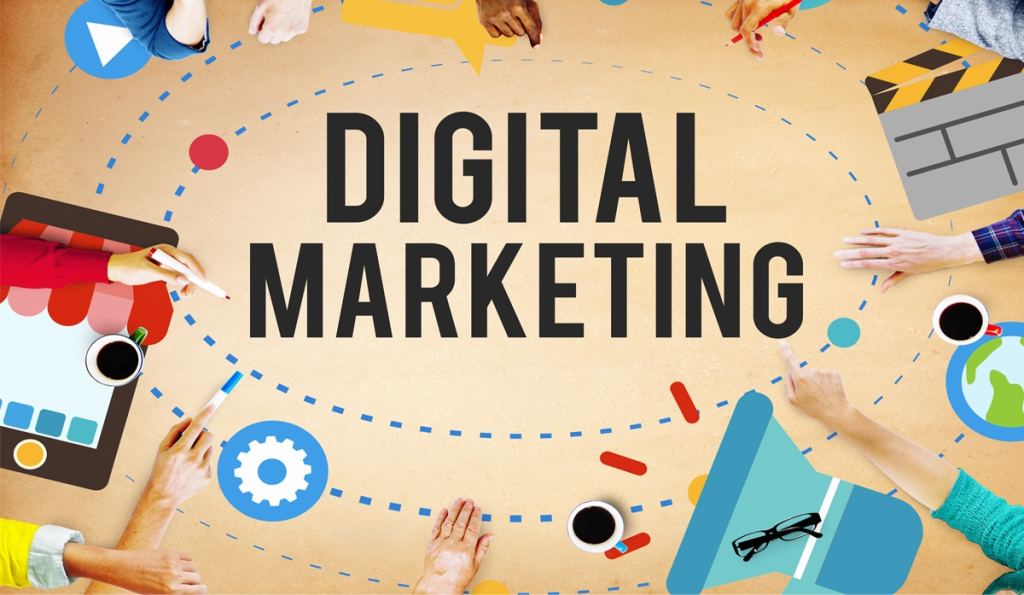
Introduction
Digital marketing is the use of websites, apps, mobile devices, social media, search engines, and other digital means to promote and sell products and services.
Digital marketing involves many of the same principles as traditional marketing and is often considered an additional way for companies to approach consumers and understand their behavior. Companies often combine traditional and digital marketing techniques in their strategies. But digital marketing also comes with its own set of challenges. Digital marketing started to become popular with the widespread adoption of the internet in the 1990s.
Key Takeaways
- Digital marketing promotes products and services through channels such as websites, mobile devices, and social media platforms.
- Digital marketers have a number of tools to measure the effectiveness of their campaigns.
- One of the biggest challenges digital marketers face is how to set themselves apart in a world that is oversaturated with digital ads and other distractions.

How Digital Marketing Works
Marketing encompasses a wide range of techniques and media that companies can use to promote their products and services to potential consumers and improve their market share. To be successful, it requires a combination of advertising and sales savvy. Professional marketers take on these tasks either internally at individual companies or externally at marketing firms that may serve many different clients.
Types of Digital Marketing Channels
- Website Marketing
Companies often use their own website as the centerpiece of their digital marketing activities. The most effective websites represent the brand and its products and services in a clear and memorable way. A website today must be fast-loading, mobile-friendly, and easy to navigate.
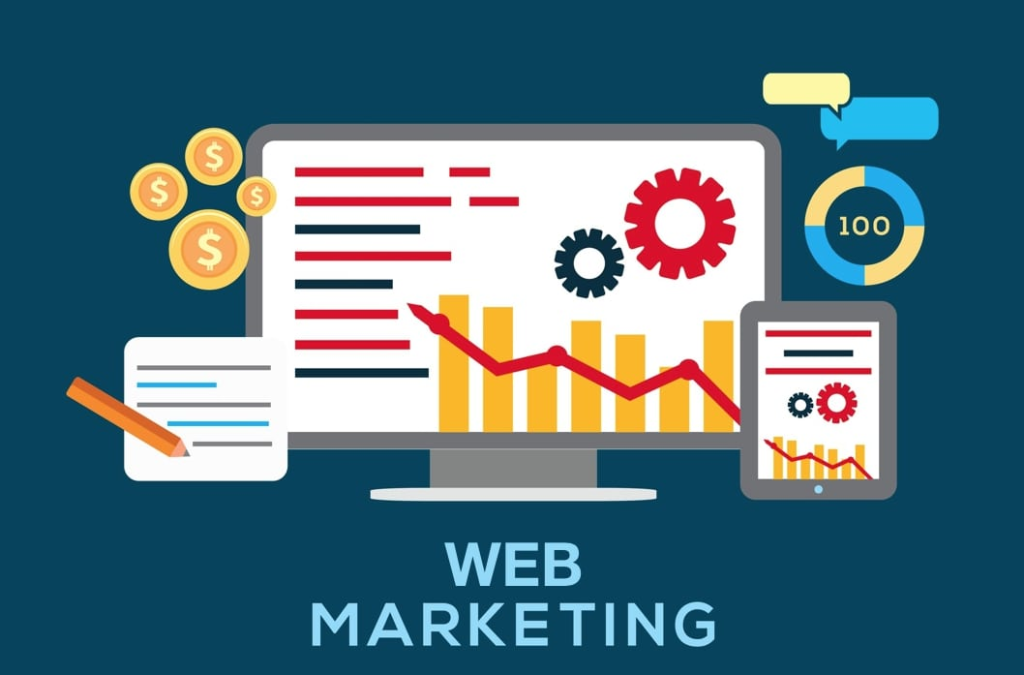
2. Content Marketing
The goal of content marketing is to reach potential customers through the use of written, visual, or video content that interests them. That content is usually published on a website and then promoted through social media, email marketing, search engine optimization, or even pay-per-click campaigns. Content marketing attempts to be more subtle than advertising, and the product or service the sponsor is attempting to market may or may not be conspicuously highlighted.

3. Pay-Per-Click Advertising
Pay-per-click (PPC) advertising enables marketers to reach audiences on news and other websites and digital platforms through paid ads. Marketers can set up PPC campaigns on Google, Bing, LinkedIn, X (formerly Twitter), Pinterest, and Facebook and show their ads to people searching terms related to their products or services.
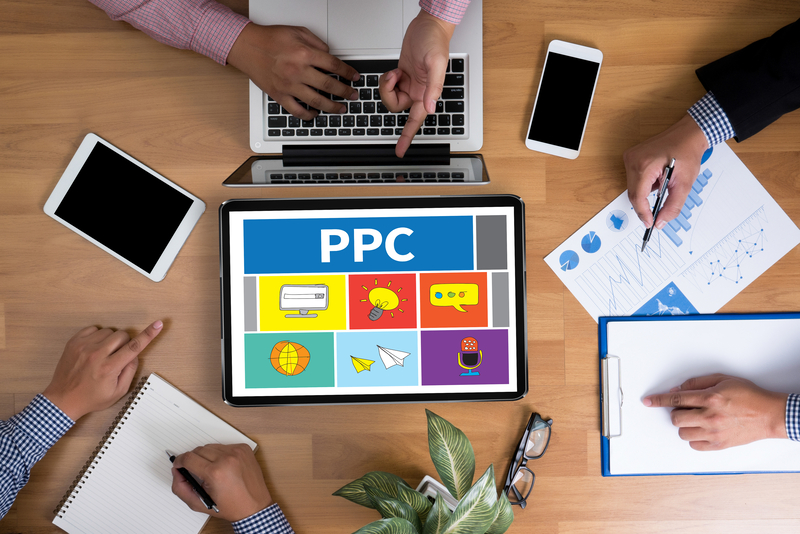
4. E-mail Marketing
Email marketing is still one of the most effective digital marketing channels, though many people associate it with spam and treat such messages accordingly. Many digital marketers use their other digital marketing channels to collect names for their email lists. Then, through email marketing, they try to turn those leads into customer.

5. Social Media Marketing
The primary goals of a social media marketing campaign are to build brand awareness and establish trust. As you go deeper into social media marketing, you can use it to obtain leads and as a direct marketing or sales channel. Promoted posts and tweets are two examples of social media marketing.The primary goals of a social media marketing campaign are to build brand awareness and establish trust. As you go deeper into social media marketing, you can use it to obtain leads and as a direct marketing or sales channel. Promoted posts and tweets are two examples of social media marketing.
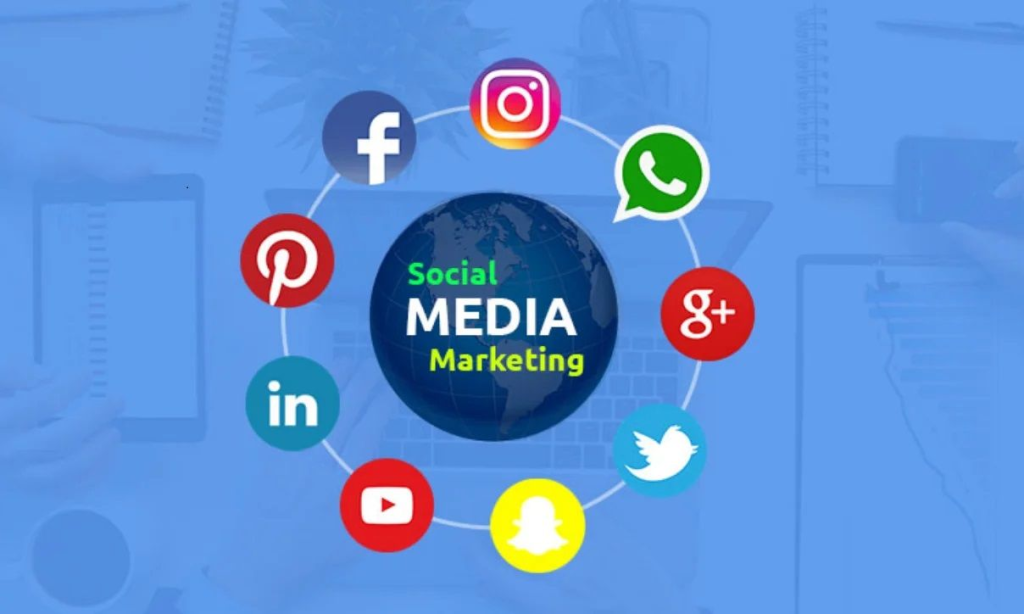
6. Affiliate Marketing
Affiliate marketing is a performance-based marketing strategy in which a business rewards one or more affiliates (partners) for each visitor, customer, or sale generated through the affiliate’s own marketing efforts. It operates on a revenue-sharing model, where affiliates promote a company’s products or services through various online platforms—such as websites, blogs, social media channels, or email campaigns—and earn a commission for driving desired actions, typically purchases or leads.
In this system, the affiliate acts as an independent promoter who leverages their content or audience to generate traffic for the merchant (the company selling the product or service). When a user clicks on a unique tracking link provided to the affiliate and completes a predefined action—like making a purchase—the affiliate earns a commission based on the agreement between the two parties.
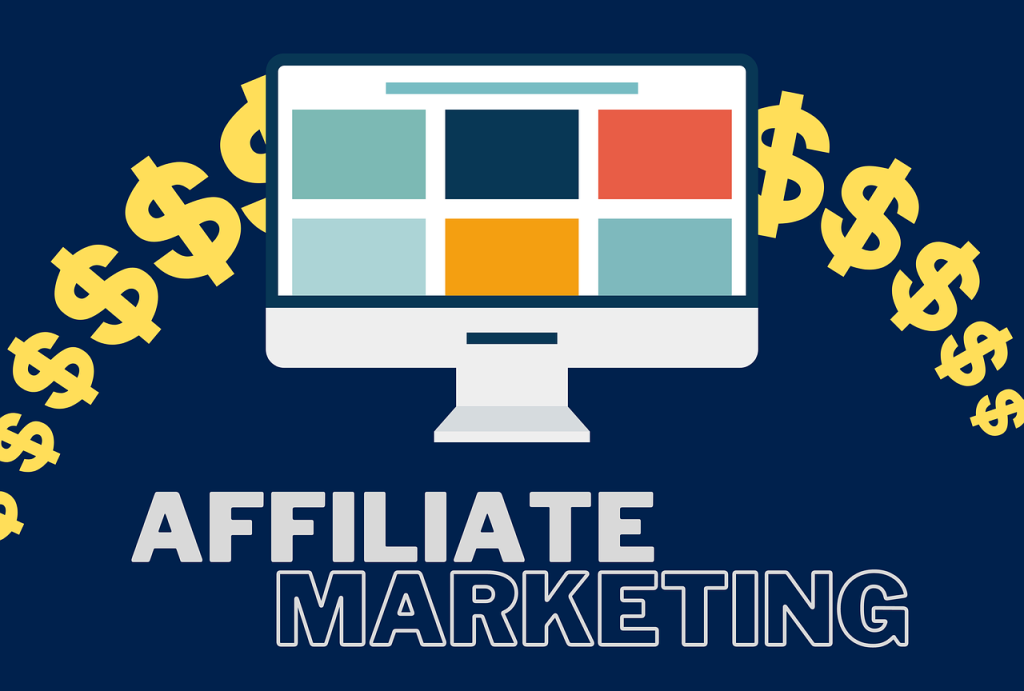
7. Video Marketing
Video marketing is a strategic digital marketing approach that involves creating, distributing, and promoting video content to inform, engage, and influence a target audience with the ultimate goal of driving customer engagement, generating leads, increasing brand awareness, and boosting conversions or sales. It integrates video into various marketing campaigns and channels, including websites, social media platforms, email marketing, landing pages, and paid advertising, to effectively communicate a brand’s message and value proposition.
In video marketing, businesses use a variety of video types—such as explainer videos, product demonstrations, customer testimonials, behind-the-scenes content, live streams, tutorials, advertisements, and animated videos—to connect with audiences at different stages of the customer journey. These videos are designed not only to inform and entertain but also to persuade viewers to take specific actions, such as signing up for a service, purchasing a product, or sharing the content with others.
The effectiveness of video marketing lies in its ability to combine visual and auditory elements, making it a highly engaging medium that can simplify complex information, evoke emotions, and significantly improve message retention compared to text-based content. It is also supported by data-driven insights and analytics, allowing marketers to measure performance metrics such as views, watch time, engagement rate, click-through rate, and conversion rate to optimize future campaigns.
As consumer behavior continues to shift toward visual content consumption, especially on platforms like YouTube, Instagram, Facebook, TikTok, and LinkedIn, video marketing has become an essential component of modern digital marketing strategies, helping brands to stand out in competitive markets.

Benefits of Digital Marketing
- Wider reach
- Cost-effective
- Measurable results
- Better targeting
Popular Digital Marketing Platforms
Google (SEO, Ads)
– Facebook & Instagram
– LinkedIn
– YouTube
– Twitter/X
– TikTok (if applicable)
Challenges in Digital Marketing
Algorithm changes
– Data privacy and security
– High competition
– Content saturatio
Digital Marketing Tools You Should Know
– Google Analytics
– SEMrush / Ahrefs
– Mailchimp
– Canva
– Hootsuite / Buffer
Trends Shaping the Future of Digital Marketing
– AI and Automation
– Voice Search
– Video Content
– Chatbots and Conversational Marketing
– Augmented Reality (AR)
Digital Marketing for Small Businesses and Startups
– Low-budget strategies
– Building a brand online
How to Start a Career in Digital Marketing
– Skills required
– Certifications and courses
– Job opportunities
How to Start with Digital Marketing
- Define your goals
- Identify your target audience
- Choose the right digital channels
- Create and share content
- Analyze and optimize performance
Features
What is an ADS MEDIA
ADS MEDIA is an international digital marketing and growth hacking agency powered by IMH. We go beyond traditional marketing: we use cutting-edge techniques to grow your business. We are a team of experienced marketers, entrepreneurs & growth experts that have partnered for 5+ years together to successfully grow companies and startups worldwide.

Our Structure
Important Features Of Digital Services
we can help you achieve them all thanks to our expertise in digital marketing, growth hacking, lead generation, conversion rate optimization, and more.
- Google Ads
- PPC Ads
- Search Engine Optimization
- Web Design and Development
- Content Marketing
- Graphic Designing

Google Partner Agency
Maximizing Your Campaign’s Success
As a certified Google Partner Agency, ADS MEDIA is recognized for its proficiency in managing Google Ads campaigns. Our partner status demonstrates our team’s commitment to delivering high-quality services, consistently achieving outstanding results for our clients.
Why Work with a Google Partner?
- Expertise
- Advanced Support
- Proven Success

Key Performance Indicators (KPIs) in Digital Marketing
Digital marketers use key performance indicators (KPIs) just like traditional marketers. KPIs let them measure the long-term performance of their marketing initiatives and compare those to their competitors’ efforts.
The following are some of the most common KPIs that marketers can use to gauge how well they’re doing:
- Click-through rate: This KPI is commonly used to measure the effectiveness of online advertising, by counting the number of people who clicked on a particular ad as a percentage of all the people who might have seen it.
- Conversion rate: The conversion rate goes even further than the click-through rate to compare the percentage of people who took some desired action, such as making a purchase, to the total audience that a particular ad or promotion reached.
- Social media traffic: This tracks how many people interact with a company’s social media profiles. It includes likes, follows, views, shares, and/or other measurable actions.
- Website traffic: This metric tracks how many people visit a company’s website during a given time period. Among other uses, it can help companies judge how effective their marketing efforts are at driving consumers to their site.
Digital Marketing Challenges

The digital world poses special challenges for marketers. For example, digital channels proliferate rapidly, and marketers have to keep up on them and figure out how to use them effectively. Marketers can also find it challenging to analyze and make productive use of the huge amount of data they can capture through these platforms.
Perhaps most important, consumers are increasingly inundated with digital ads and other distractions, making it more and more difficult to capture their attention.
How Can You Become a Digital Marketer?
Digital marketers need strong writing and social media skills, along with a good understanding of data analytics. A bachelor’s degree is required for most digital marketing positions. You might also want to take digital marketing courses or participate in a digital “boot camp.” In addition, completing an internship while in school can be useful.2 A master’s degree in digital marketing may be useful but is not considered essential.
What Skills Are Needed in Digital Marketing?
Strong communication skills are essential if a marketer is going to be successful in telling a company or product’s story to potential customers. Data analytics skills are also important for understanding how well a marketing campaign is performing and where it might be improved. Finally, social media skills are another must.
Conclusion
In conclusion, digital marketing has become an indispensable part of modern business strategy, fundamentally transforming the way companies interact with consumers and position their brands. With the rapid growth of internet access, mobile usage, and social media platforms, businesses now operate in a global digital marketplace where the rules are constantly evolving. From search engine optimization (SEO) and pay-per-click advertising (PPC) to social media marketing, content creation, email campaigns, and influencer partnerships, digital marketing provides a diverse toolkit that, when strategically aligned, can drive growth, foster customer loyalty, and create measurable impact.
One of the defining features of digital marketing is its data-driven nature. Unlike traditional marketing, digital channels provide marketers with real-time insights into consumer behavior, campaign performance, and ROI. This empowers businesses to make informed decisions, optimize their strategies on the fly, and personalize customer experiences like never before. Furthermore, automation and AI-driven tools continue to enhance efficiency, targeting, and scalability—ushering in a new era of intelligent marketing.
However, this dynamic landscape also comes with challenges. Privacy concerns, ever-changing algorithms, platform saturation, and increased competition mean that marketers must stay agile, ethical, and innovative. Consumer expectations have shifted; audiences now demand transparency, authenticity, and value, not just products or services. Brands that listen, engage meaningfully, and deliver consistently across digital touchpoints will stand out in the crowded marketplace.
Ultimately, the future of marketing lies in digital. Businesses that embrace this shift and invest in continuous learning, adaptation, and strategic integration will not only survive but thrive in the years ahead. As technology continues to advance and new trends emerge, digital marketing will remain a critical driver of business success, brand visibility, and customer connection in the digital age.